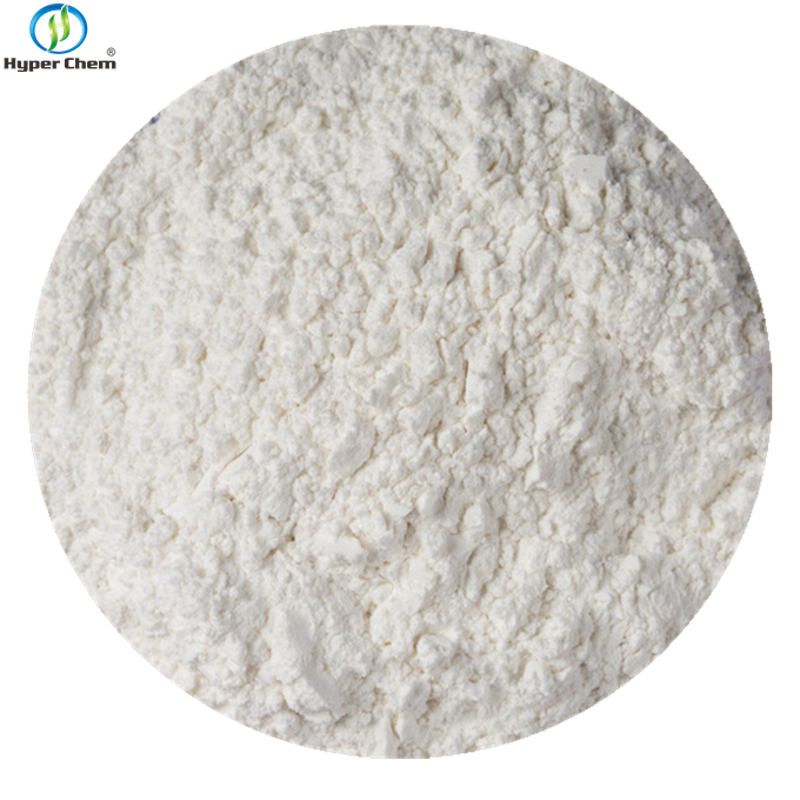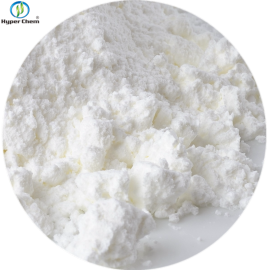-
Categories
-
Pharmaceutical Intermediates
-
Active Pharmaceutical Ingredients
-
Food Additives
- Industrial Coatings
- Agrochemicals
- Dyes and Pigments
- Surfactant
- Flavors and Fragrances
- Chemical Reagents
- Catalyst and Auxiliary
- Natural Products
- Inorganic Chemistry
-
Organic Chemistry
-
Biochemical Engineering
- Analytical Chemistry
-
Cosmetic Ingredient
- Water Treatment Chemical
-
Pharmaceutical Intermediates
Promotion
ECHEMI Mall
Wholesale
Weekly Price
Exhibition
News
-
Trade Service
Lenvatinib mesylate is a protein tyrosine kinase inhibitor that is used to treat a variety of different types of cancer, including thyroid, liver, and kidney cancer.
It is a chemically synthesized drug that is manufactured by pharmaceutical companies and is administered to patients through oral or intravenous routes.
In terms of its safety profile, lenvatinib mesylate is generally considered to be a well-tolerated drug.
However, like all chemotherapy drugs, it can cause side effects, and some patients may experience serious adverse reactions.
One of the most common side effects of lenvatinib mesylate is diarrhea.
This can be managed with supportive care and medication, but in some cases, it may be severe and require hospitalization.
Other common side effects include fatigue, nausea, vomiting, and hand-foot syndrome, which is characterized by skin changes on the palms of the hands and soles of the feet.
Less common side effects of lenvatinib mesylate can include hypertension, which can lead to headaches, dizziness, and shortness of breath.
It can also cause proteinuria, which is the presence of protein in the urine, and decreases in blood cells, which can lead to an increased risk of infections.
Before starting treatment with lenvatinib mesylate, patients should inform their healthcare provider about any medications they are currently taking, as well as any other health conditions they have, such as kidney or liver disease.
This is important because some medications can interact with lenvatinib mesylate, and certain health conditions may increase the risk of adverse reactions.
During treatment with lenvatinib mesylate, patients will need to have regular monitoring of their blood pressure, blood cells, and kidney and liver function.
This is done to ensure that the drug is not causing any significant damage to these organs and to catch any potential side effects early on.
In terms of environmental impact, the production and use of lenvatinib mesylate is subject to strict regulations and guidelines.
The manufacturing process is carefully controlled to ensure that the drug is safe and effective, and waste materials generated during production are disposed of in an environmentally responsible manner.
In conclusion, lenvatinib mesylate is a chemotherapy drug that is commonly used to treat a variety of different types of cancer.
While it is generally considered to be safe and well-tolerated, it can cause side effects, and some patients may experience serious adverse reactions.
The drug's safety profile is closely monitored through regular monitoring of patients' health and through environmental regulations and guidelines.







